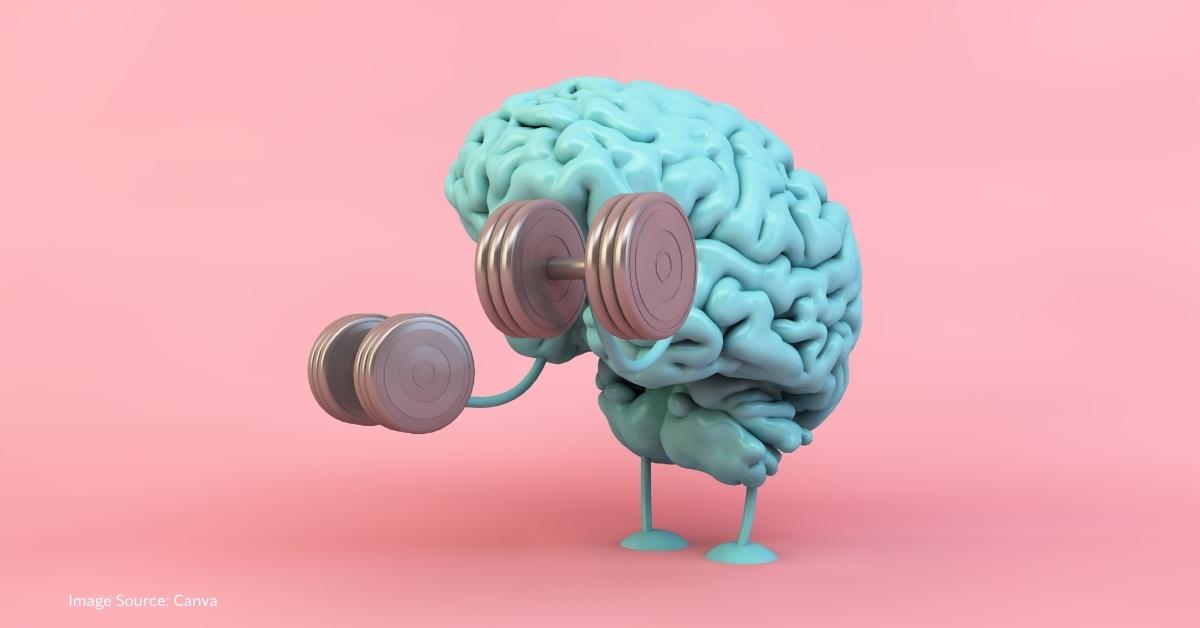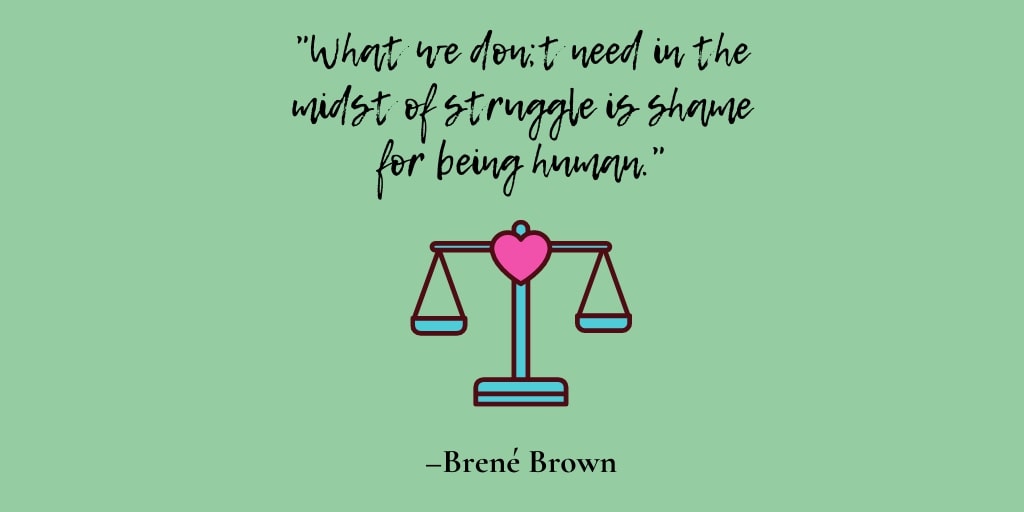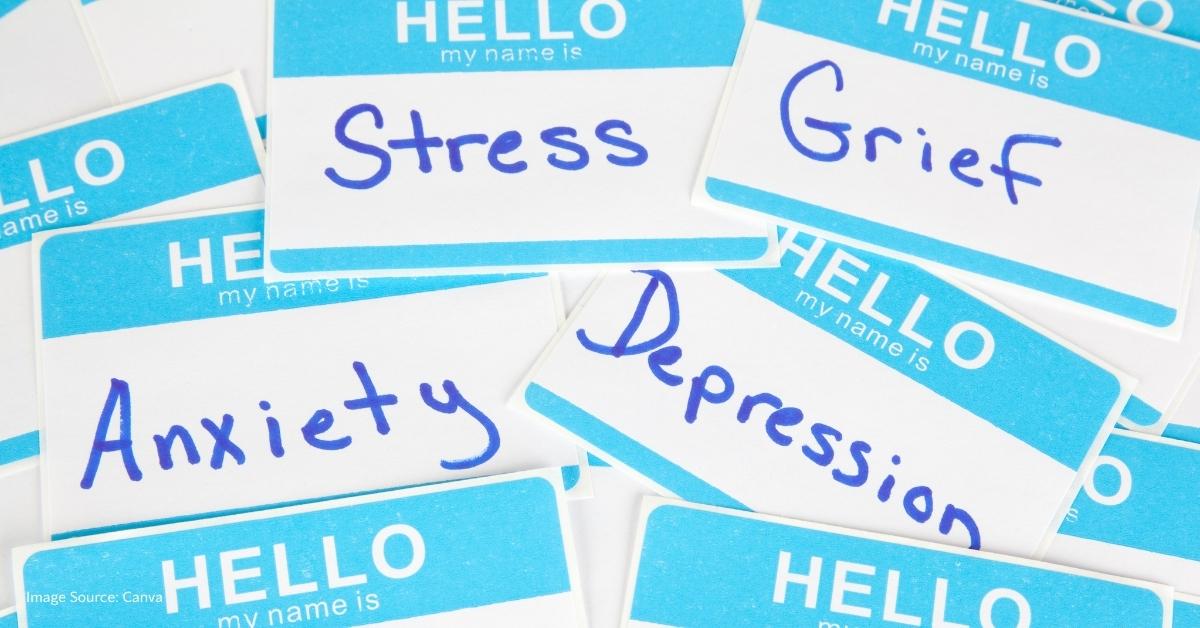Written by Manasvi Rajeev Shenvi | Reviewed By John Victor | Updated On January 1, 1970

Listen to this article in Audio
PSYCHOLOGICAL IMMUNITY: A Boon amidst the Covid19 Crisis.
Have you ever thought of investing but refrained after thinking about the risks? How about an investment opportunity with zero risks and never-ending gains? Investing in your psychological immunity would be one such opportunity. The psychological Immune System consists of inner adaptive resources, resilience, and personality characteristics that reduce the negative psychological impact during stressful times.
The psychological immune system works similarly to our biological immune system. Just as we diligently took our daily multivitamins, maintained healthy practices, took vaccinations to get our dose of antibodies to fight the deadly virus and buffer its effect on our body, building up our psychological immune system would be working on psychological antibodies that buffer us from external and environmental stressors, negative emotions and daily hassles, especially in a pandemic.
Imagine yourself planning a trekking trip. Along with some simple and smooth walking paths, you might also anticipate some tough/dangerous curves and slopes. You would do all the preparations like wearing trekking shoes, learning roads and directions, storing resources, etc., to make sure you can navigate around those rough paths and deal with any unexpected challenge that might come your way. Similarly, we often know our life will be filled with ups and downs, the COVID19 pandemic being one of the steepest slopes right now. How often do we invest in a shield of psychological immunity to reduce the impact of possible stressors and navigate around in times of distress?
The pandemic has been extensively difficult for most of us in some way or another. The loss of life, fear and anxiety for our health and our loved ones, the lack of socialization, financial worries, and the multiple changes in our lifestyles have taken a toll on our mental well-being and are even expected to impact our psychological health long-term basis. While the pandemic has taken so much from us, the silver lining is that we can get back some control over our present and future well-being by building up our psychological immune system. The need for nurturing our psychological immunity has substantially increased in the current scenario.
Ways to charge up your psychological immune system starting today-
1)Helpful social support around you
2)Knowledge base that helped you,
3)Coping strategies you were able to implement to get out of it,
4)What kind of solution-seeking behaviors are you engaged in.
This might help you put a structured safety plan in place and demonstrate resilience during future stressful situations.
1)Making you feel good
2)Working for you
3)Protecting you from the stressors otherwise present in your life.
This will also improve your sense of coherence and sense of well-being too.
The benefits of building up our mental immunity are numerous. Some of these are:
-Preventing burnout
- Having a more positive judgment about others as well as the situation
-The increased feeling of self-efficacy
-Having a better quality of life and sustained well being
-Being able to respond, develop and bounce back instead of reacting to and feeling lost in the face of adversities.
-Being able to manage and sustain unforeseen tough circumstances emotionally.
- YOU become your greatest asset during times similar to one we are facing right now.
As humans, we have an inherent capacity to not only endure but evolve in the face of adversities. Difficult roads can lead to beautiful destinations. For our immune system to kick back when needed, it becomes necessary to build up our abilities from time to time.
The good thing is it's never too late to start working on gaining any of these psychological antibodies. This awareness brings along a certain extent of control as well as hope in the current situation. Working on all of these together might feel like too much or overwhelming, especially when we feel low on energy or tough days like the ones we are in now, which is what makes it even more important that we start somewhere, work on one protective and supportive antibody at a time for our future selves.
.jpg)
Parenting-Kids
6 Helpful Ways To Cope With Working-Mom Guilt | Reevin
Parenting-Kids
Small Steps For Building Parent-Child relationship | Reevin
Parenting-Kids
What is Behind The Feelings of Shame?
Parenting-Kids
How To Deal With Impending Mental Health Crisis?
Manasvi Shenvi (She/Her) is an aspiring psychologist, a water baby and a complete food junkie who also shares a lot of love for dancing, mandalas and binge reading mystery/crime thrillers. Having recently completed her post-graduation in Clinical Psychology, she holds an intense desire to serve. She is constantly fascinated by the prospect of being in a field which assists people in choosing who they become regardless of all the adversities they might undergo.
Her interests and goals in the field and otherwise too are driven by empathy, sensitivity, altruistic satisfaction and a constant need to experience and learn something new each day. She aspires to provide mental healthcare access to communities where there is a substantial lack of awareness and stigma associated with reaching out for mental health issues.
Her well-being thrives on random bouts of quirkiness, lame jokes, quality time with friends/family and bollywood dance sessions from time to time. She is an ambivert millennial who firstly aims to become a more informed, woke and kind human being each day and then a Clinical Psychologist with holistic competencies someday.